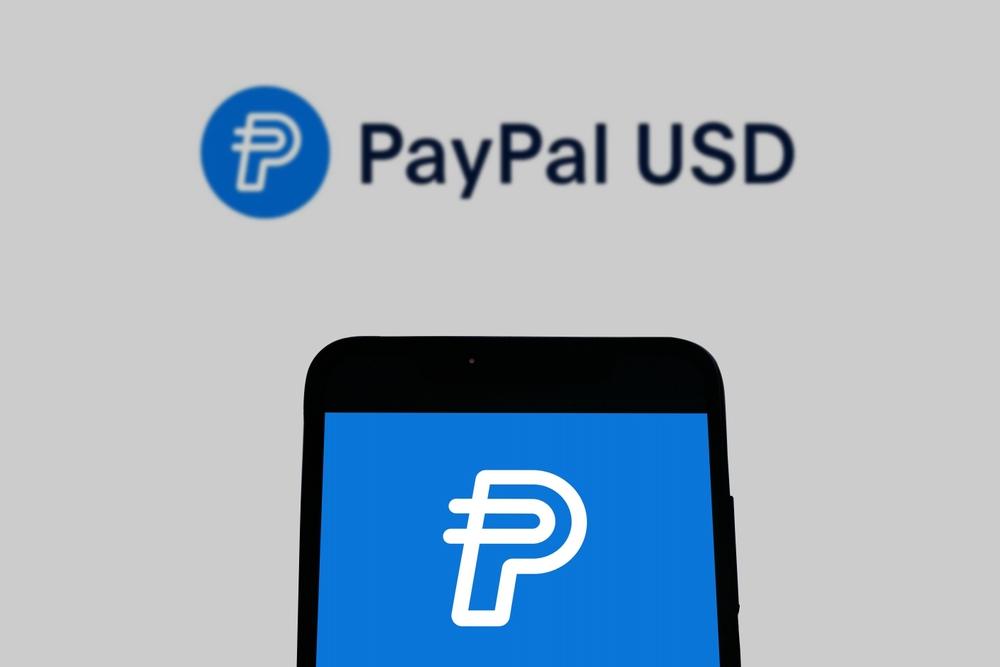Paxos Trust Company is a regulated blockchain infrastructure company that is subject to control by the New York State Department of Financial Services (NYDFS). This means that PayPal USD is a regulated product.
Earlier, Paxos issued Binance USD (BUSD) but ceased because of pressure from the United States Securities and Exchange Commission (SEC) and the New York State Department of Financial Services. This came after allegations concerning the stablecoin being an unregistered security.
In June 2022, the NYDFS granted a BitLicense to PayPal. A BitLicense refers to a permit that authorizes firms to participate in crypto-associated activities in New York.
PayPal’s BitLicense permits the company to offer crypto services to clients in New York. Paxos Trust Company, the issuer of PYUSD on PayPal’s behalf, publishes a monthly Reserve Report explaining the composition of PYUSD reserves.
Paxos also offers third-party verification of the PYUSD reserve assets’ value, carried out by an autonomous accounting company complying with the standards created by the American Institute of Certified Public Accountants. This promotes trust and transparency in the stablecoin’s backing.
Blockchains Backing PayPal’s PYUSD Stablecoin
Initially, PYUSD was unveiled as an ERC-250 token on the Ethereum blockchain. This indicates its availability to an expanding community of external developers and will be backed by several Web3 apps in the future, particularly the ones developed on the Ethereum blockchain.
On May 29 last month, PayPal revealed the availability of PYUSD, its stablecoin, on the Solana blockchain. The strategy seeks to improve the speed and reduce the cost of PYUSD transactions, offering users enhanced flexibility and control via the choice of several blockchains.
Solana’s scalability and speed make it a perfect platform for PYUSD, which was established to transform commerce by providing an effective method of payment. The partnership with PayPal advances Solana’s objective of enhancing financial technology innovation.
Users can effectively manage PYUSD within their Venmo or PayPal wallets. When moving to external wallets, they can utilize the Solana or Ethereum blockchain.
Phantom, Crypto.com, and Paxos are early PYUSD adopters on the Solana blockchain. This makes it easy for users to purchase PYUSD directly within conventional (fiat) currency, offering a seamless experience for firms and individual clients.
Key Differences Between USDT, USDC, and PYUSD
Tether, PYUSD, and USD Coin are all pegged to the United States dollar. This means they seek to retain a 1:1 value ratio with the United States dollar.
Nevertheless, they are different in terms of transparency, issuer, blockchain availability, and regulatory oversight. USDT, issued by Tether, is the oldest as well as most widely embraced stablecoin, but its reserves have evoked scrutiny.
USDC is issued by Circle and is famous for its regulatory adherence and transparency. PYUSD is the most recent stablecoin issued by Paxos on PayPal’s behalf. It focuses on transparency and client protection.
USDC and USDT have substantial market caps reaching billions, while PayPal is poised to boost its market cap quickly by exploiting its enormous user base.
How to Purchase PYUSD in the United States
PYUSD can be purchased in the following ways:
Cryptocurrency Exchanges
Exchanges such as Kraken and Coinbase list PYUSD, permitting users to buy it using different payment methods such as other cryptocurrencies, debit or credit cards, or bank transfers.
Directly via PayPal
Eligible PayPal users can use their balance or a linked bank account or debit card to buy PYUSD directly via their PayPal account. The feature can be accessed via the PayPal website or application.
Other Platforms and Wallets
As PYUSD acquires momentum, it can already be accessed on platforms like Phantom and Crypto.com, potentially giving extra ways to acquire it, for instance, peer-to-peer (P2P) trading or using other cryptocurrencies.
Editorial credit: MardeFondos / Shutterstock.com
